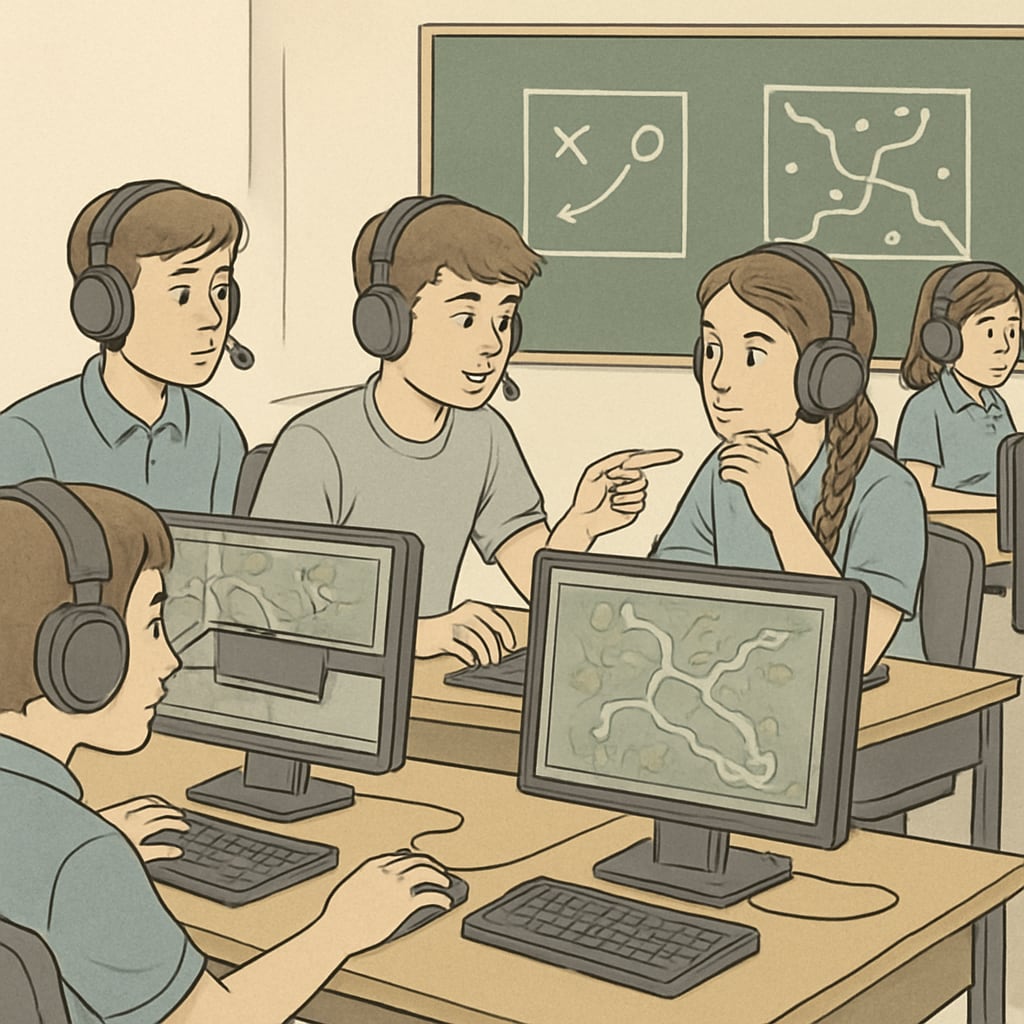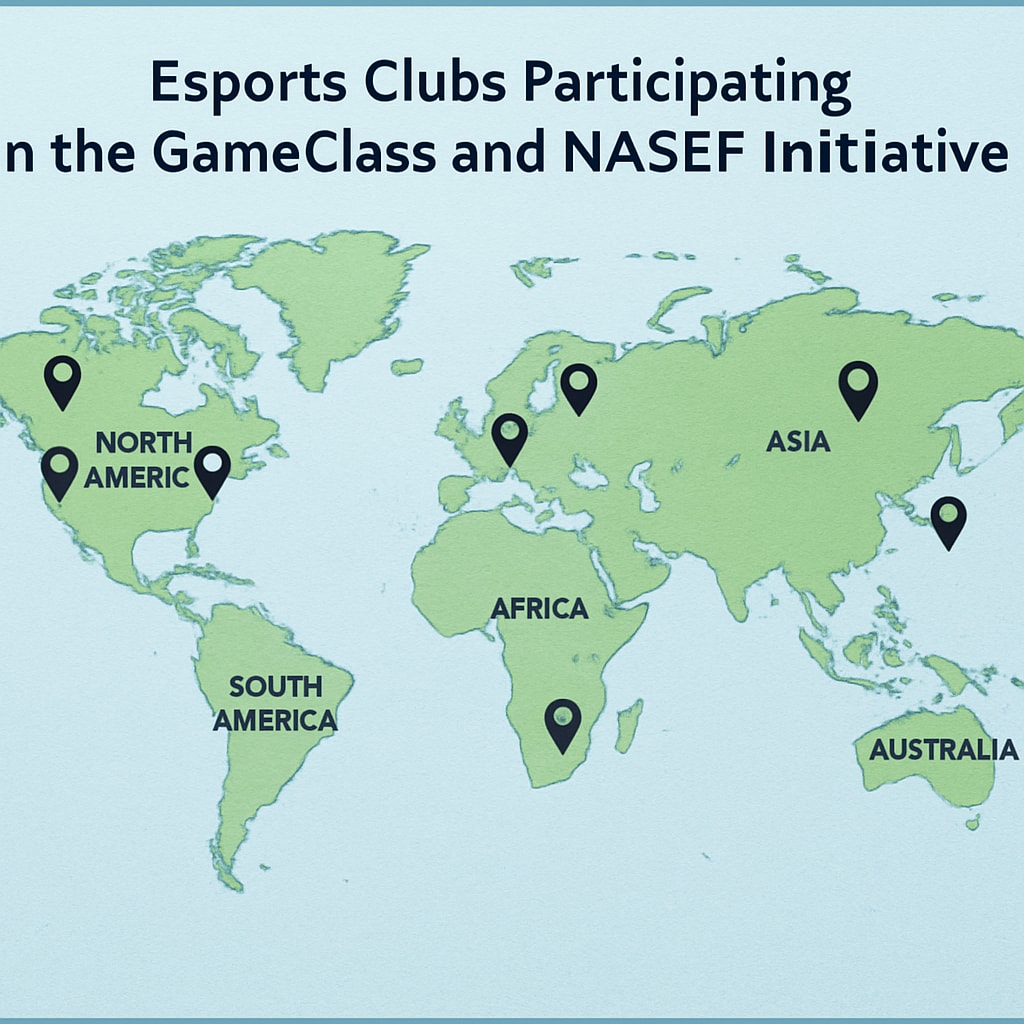The partnership between GameClass and NASEF (North America Scholastic Esports Federation) is a testament to the transformative power of esports education, gamified learning, and strategic collaboration. By integrating gaming into academic curricula, this initiative aims to revolutionize K12 education across the globe. With over 9,000 esports clubs engaged, the collaboration is creating an innovative education ecosystem that combines students’ passion for gaming with academic excellence.
How Gamified Learning Enhances Traditional Education
Gamified learning, the practice of applying game design elements in educational contexts, has been gaining traction as a modern teaching methodology. This approach is particularly effective in engaging students who might otherwise struggle with traditional methods. By merging gaming with academics, students develop skills such as problem-solving, teamwork, and strategic thinking. For instance, competitive gaming environments mirror real-world scenarios where collaboration and critical decisions are essential.

Moreover, gamified learning aligns with 21st-century education objectives. In a world increasingly dominated by technology, integrating digital tools like esports into learning frameworks prepares students for a tech-driven future. Studies have also shown that gamification can enhance retention rates, promote engagement, and encourage collaborative learning among peers.
The Strategic Vision Behind GameClass and NASEF’s Partnership
The collaboration between GameClass and NASEF is not merely about integrating esports into schools; it is about creating a sustainable, globally connected education model. GameClass, known for its innovative educational solutions, brings technological expertise to the table, while NASEF contributes its extensive experience in scholastic esports initiatives. Together, they aim to create a curriculum that bridges the gap between students’ recreational interests and academic growth.

Through this strategic partnership, educators are provided with tools and resources to integrate esports into subjects such as mathematics, science, and even language arts. For example, managing an esports team can teach financial literacy, while analyzing game data can enhance statistical and analytical skills. Furthermore, the initiative emphasizes inclusivity, ensuring that students from diverse backgrounds can participate and benefit from these programs.
The Global Impact of Esports in Education
Esports is no longer confined to the realm of entertainment; it has evolved into a global phenomenon with significant educational implications. According to Britannica, the esports industry is projected to reach billions of dollars in revenue, making it a viable career path for aspiring professionals. By incorporating esports into education, schools can offer students pathways to careers in game design, event management, broadcasting, and more.
Additionally, the global nature of this initiative promotes cross-cultural understanding. Students from different countries can connect through international esports tournaments, fostering collaboration and mutual respect. Such experiences are invaluable in preparing students for a globalized world.
Key Benefits of Esports Education:
- Improves teamwork and communication skills
- Enhances critical thinking and problem-solving abilities
- Prepares students for careers in technology and media
- Promotes inclusivity and diversity
- Encourages digital literacy and responsible gaming
Looking Ahead: The Future of Esports and Gamified Learning
The partnership between GameClass and NASEF is just the beginning of a larger movement toward integrating gamified learning into mainstream education. As technology continues to evolve, so too will the methods educators use to engage students. By embracing esports education, schools are not only addressing students’ current interests but also investing in their future success.
As a result of this collaboration, the boundaries between education and entertainment are becoming increasingly blurred. This innovative approach has the potential to reshape the future of K12 education, making learning more engaging, relevant, and accessible to students worldwide.
In conclusion, the strategic collaboration between GameClass and NASEF is a clear indication that the future of education lies in adaptability and innovation. By leveraging the power of gamified learning and esports, educators can create an environment where students thrive academically while pursuing their passions. This is not just a step forward for education—it is a leap into the future.


